Two weeks ago, Stayfree released an ad that featured a montage of faces we typically do not see when discussing periods and pads on TV. The ad begins with a boy noticing a red stain on his classmate’s skirt and attempting to give her a heads-up about it, only to be shushed by his professor and being told to go to class quietly.
The scene is followed by boys accidentally finding pads at home or chancing upon sanitary pad ads with their fathers and asking about it, and being consistently met with silence or anger at every turn.
And who among us, as people who do have periods or people who live closely with others who do, isn’t familiar with those moments?
The giggles among classmates as one student stains their school uniform and does not have a change of clothes for the rest of the day, the hushed tones with which teachers would separate ‘boys’ and ‘girls’ before giving us two very separate and ‘gender-specific’ run-downs on puberty, anatomy and hygiene, all before the teachers themselves would dart out of the class or angrily shut you down for having any questions beyond hormones.
And that damned black polythene bag for every pack of pads we buy. Who could forget that?
It’s bizarre to think that those incoherent and mostly useless conversations with adults who crumble at the very sound of the word ‘periods’ are our best bet at being introduced to the complex world of sex and sexuality.
No wonder brands like Durex, Stayfree and others that operate in the sexuality space seem more invested in starting these conversations than our own immediate families or educators.
But is that an appropriate source for crucial information?
Is it fair that we be limited to quick TV commercials and YouTube ads for awareness?
As of 2022, the language around sex, consent, STIs, gender, and even our understanding of anatomy as a country is ambiguous and confusing at best. We still don’t know if periods disqualify you from your right to walk into a place of worship, we still have debates around what the appropriate behaviour or look of an assault survivor is, we still do not know if men should take the HPV vaccine as well, and are still unclear of what the word ‘trans’ encompasses.
In 2014, our then Health Minister Harsh Vardhan called for a ban on sex education in direct opposition to the Adolescent Education Programme launched in 2007 by the Ministry of Human Resource and Development along with the National AIDS Control Organisation. While he suggested that we teach children yoga instead of educating them on real world experiences and their bodies, other conservative groups led attacks against schools and teachers that had been carrying out the AEP, leading to a ban on sex education in 12 states.
And this is just about sex education programmes whose primary focus is HIV prevention, family planning and early pregnancies. Imagine the resistance if we actually talked about porn and cyber safety, masturbation and hygiene, vasectomies and birth control, or protected sex outside of marriage.
While it is touching to see brands like Durex take a stand on safe sex, let’s not forget that their cheeky ads on Father’s Day are actually meant to make you buy their product. Stayfree too stands to gain nothing from a culture where their pads are purchased in secret and do not receive more public recognition and endorsements.
A brand will only take a stand on social causes because it directly or indirectly leads to increased sales and brand loyalty, and those campaign choices have very little to do with altruistic desires or the hope for a better world.
So where does that leave sex ed in India?
Who do we trust for an unbiased, holistic view on sex and sexuality in a tone that is respectful and relevant to our unique individual experiences while also building our ability to empathise with the life experiences of others?
In our honest opinion, no single entity can deliver on that promise. Sex education and our overall introduction to the subject of safety and health cannot possibly be defined by institutes or governments alone, especially not when these programs have to be standardised and left generic and ‘censored’ to some extent. Our understanding of the world comes from different avenues, through continuous lived experiences, and education on any subject cannot be built or executed in silos.
Sex education is a community effort. It simply has to be. You learn about health and hygiene from your parents, you learn about attraction and navigating crushes from your friends and siblings, you discover forms of sexual expression and relationship structures that differ from yours through movies, TV and the people you interact with.
And consent? That’s a continuous practice that you learn more about from every interaction you will ever have.
Every single one of us has a role to play in the treatment of sex, sexuality, health and safety in the social circles and communities we exist in. We must all be prepared to hold those conversations with people of all age groups, and not just with children.
Let brands do what they must, let them build elaborate campaigns to establish themselves as sensitive or conscious, but let’s not forget that we all have a unique perspective to add and a vital role to play in the awareness and compassion we build as communities. Let’s do that job, whether governing bodies and corporations find it in themselves to do theirs, or not.




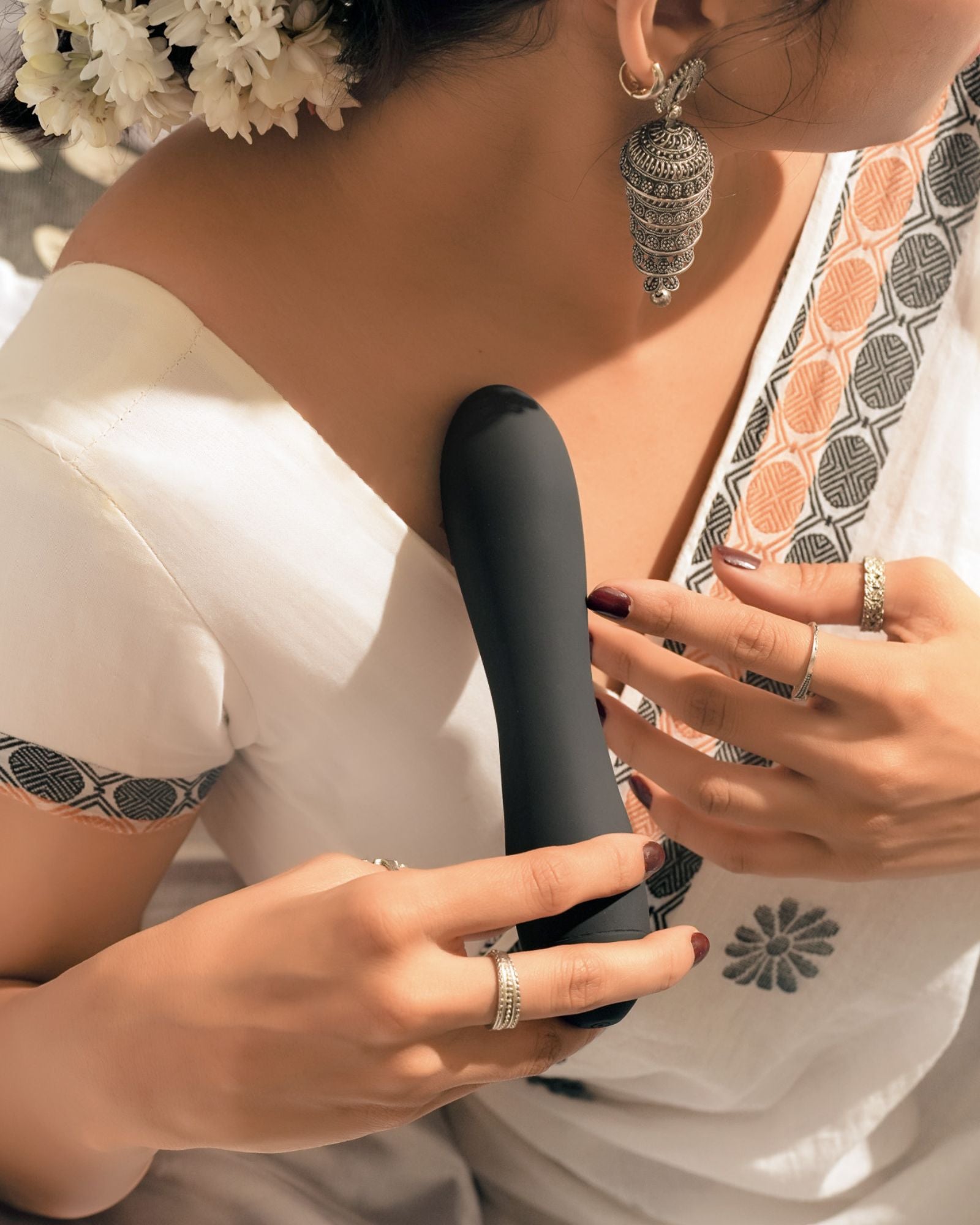
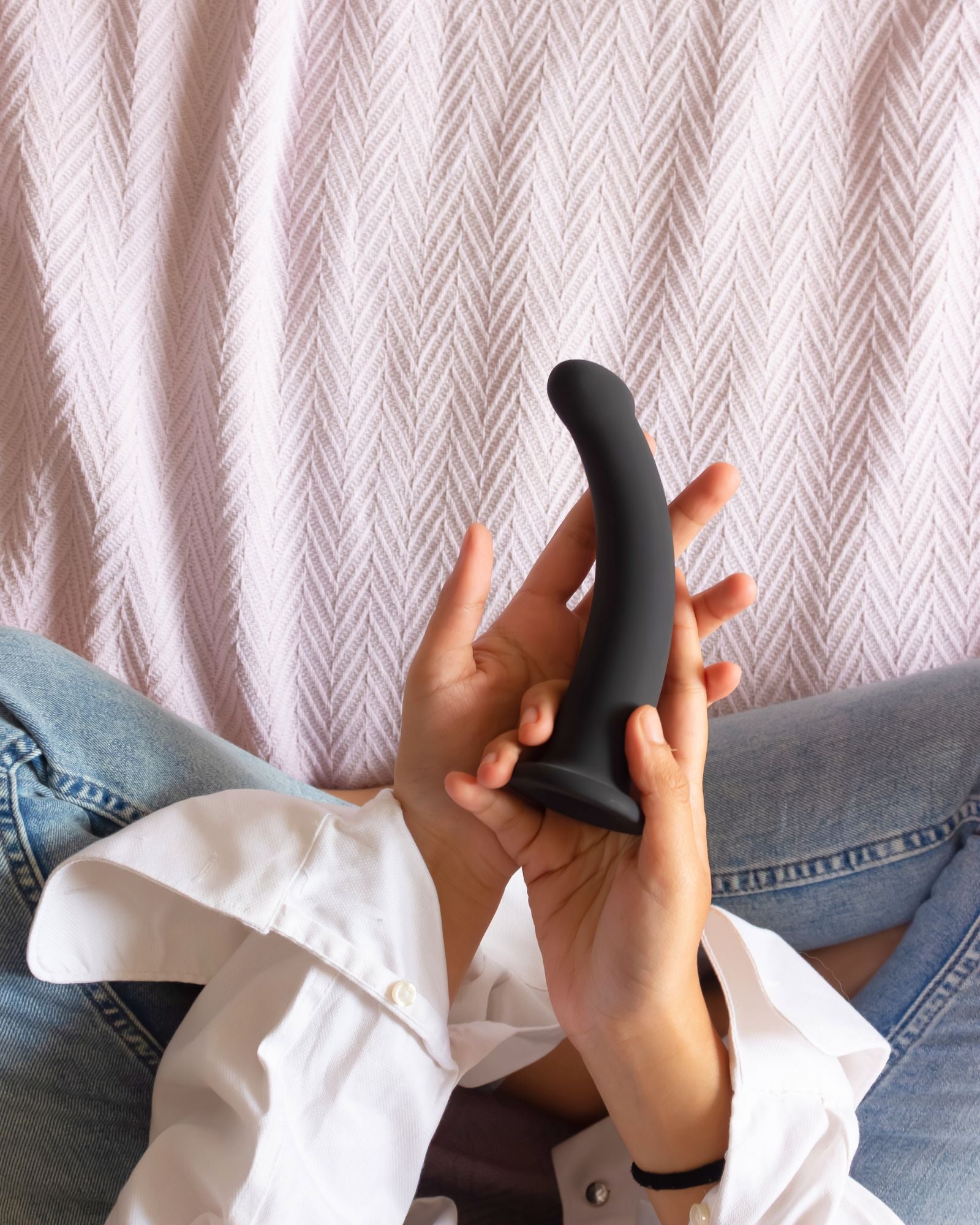

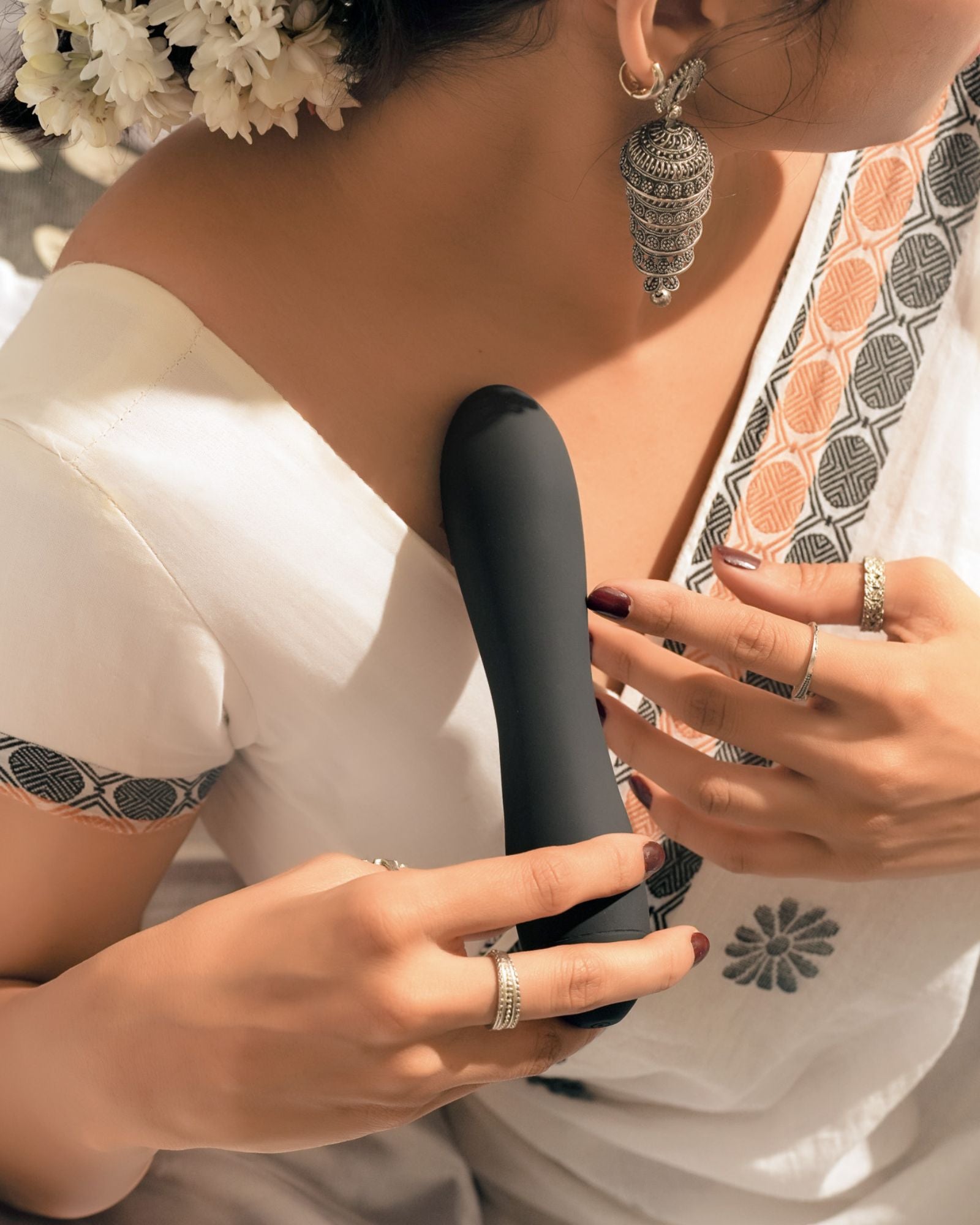
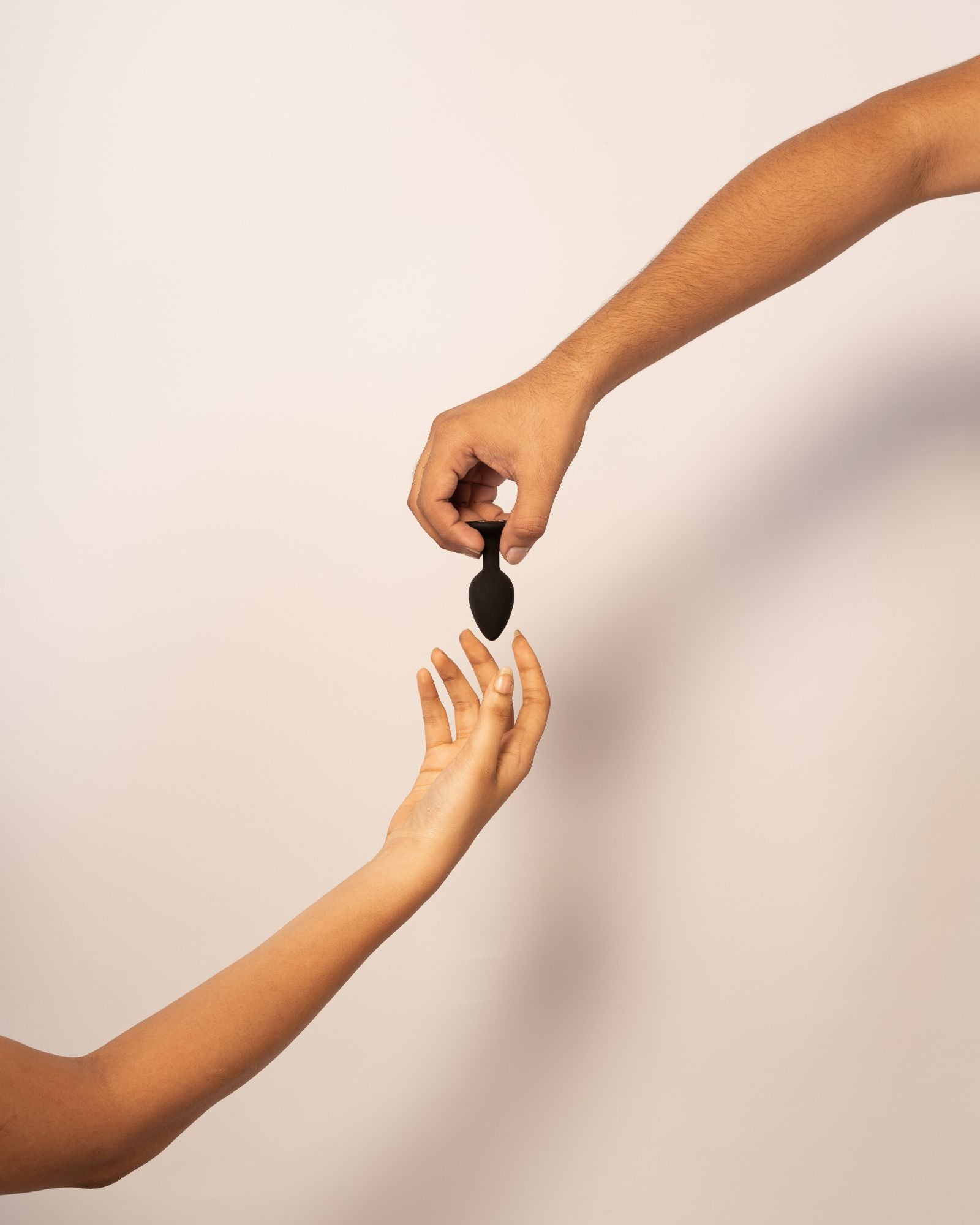
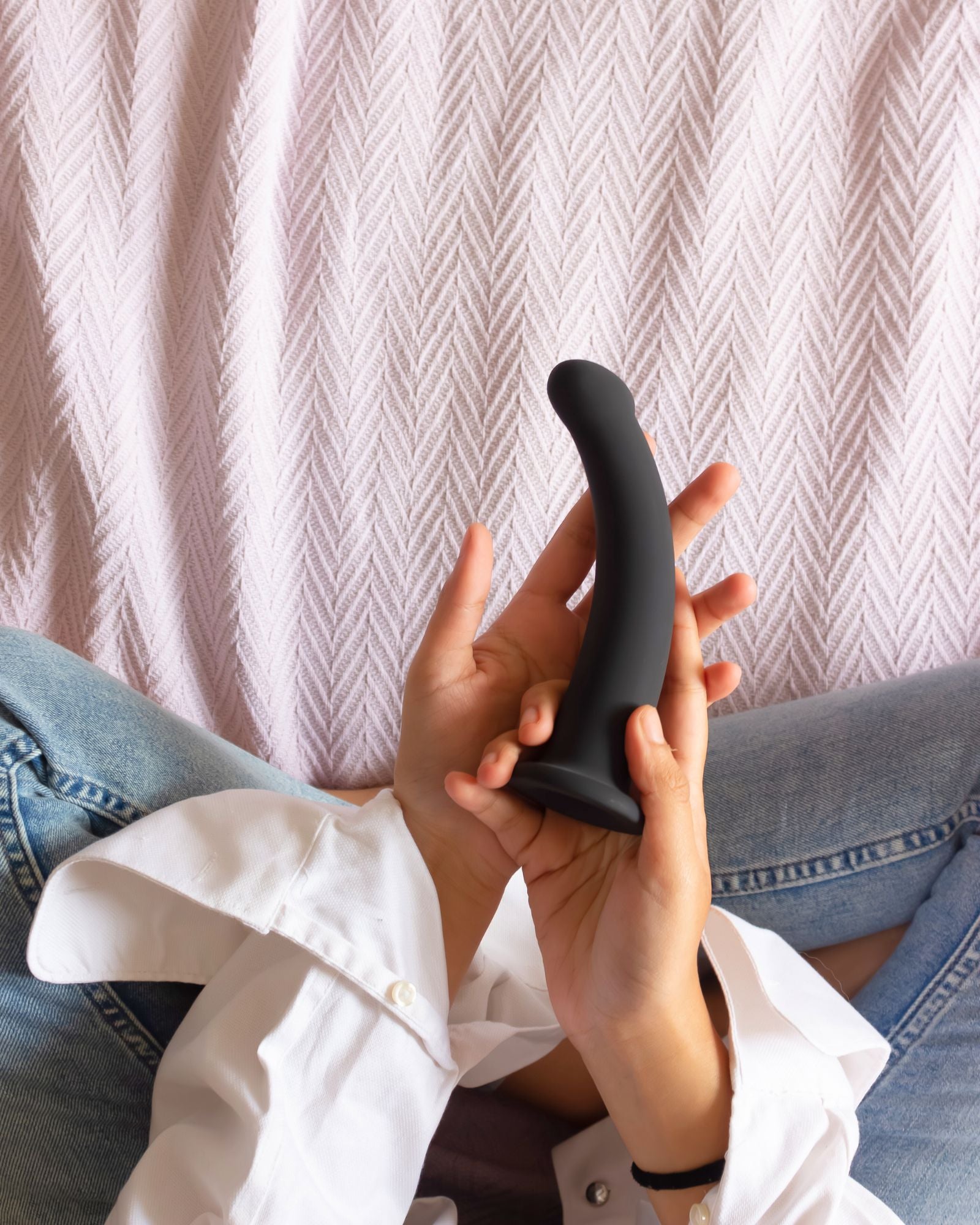
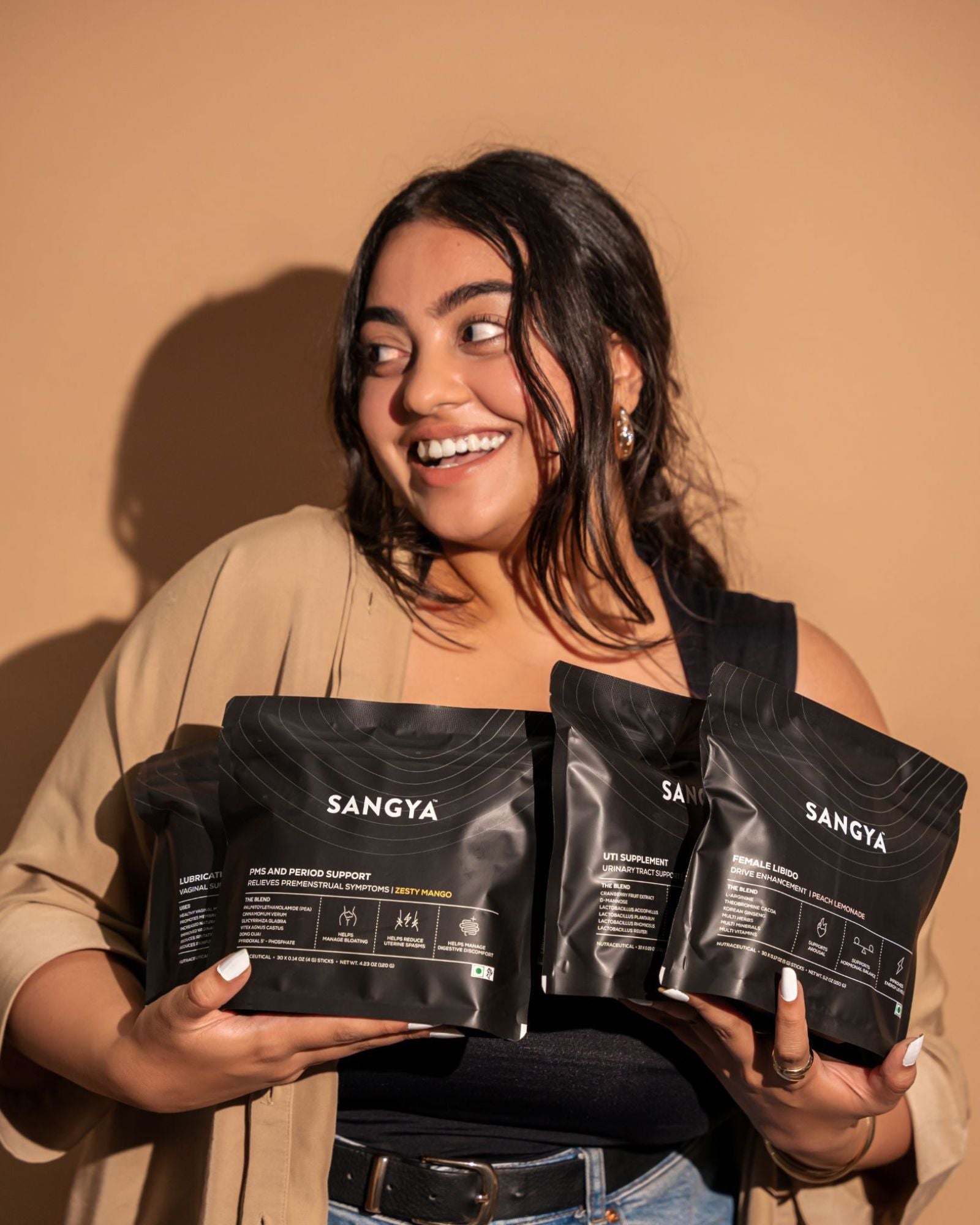
Leave a comment
This site is protected by hCaptcha and the hCaptcha Privacy Policy and Terms of Service apply.